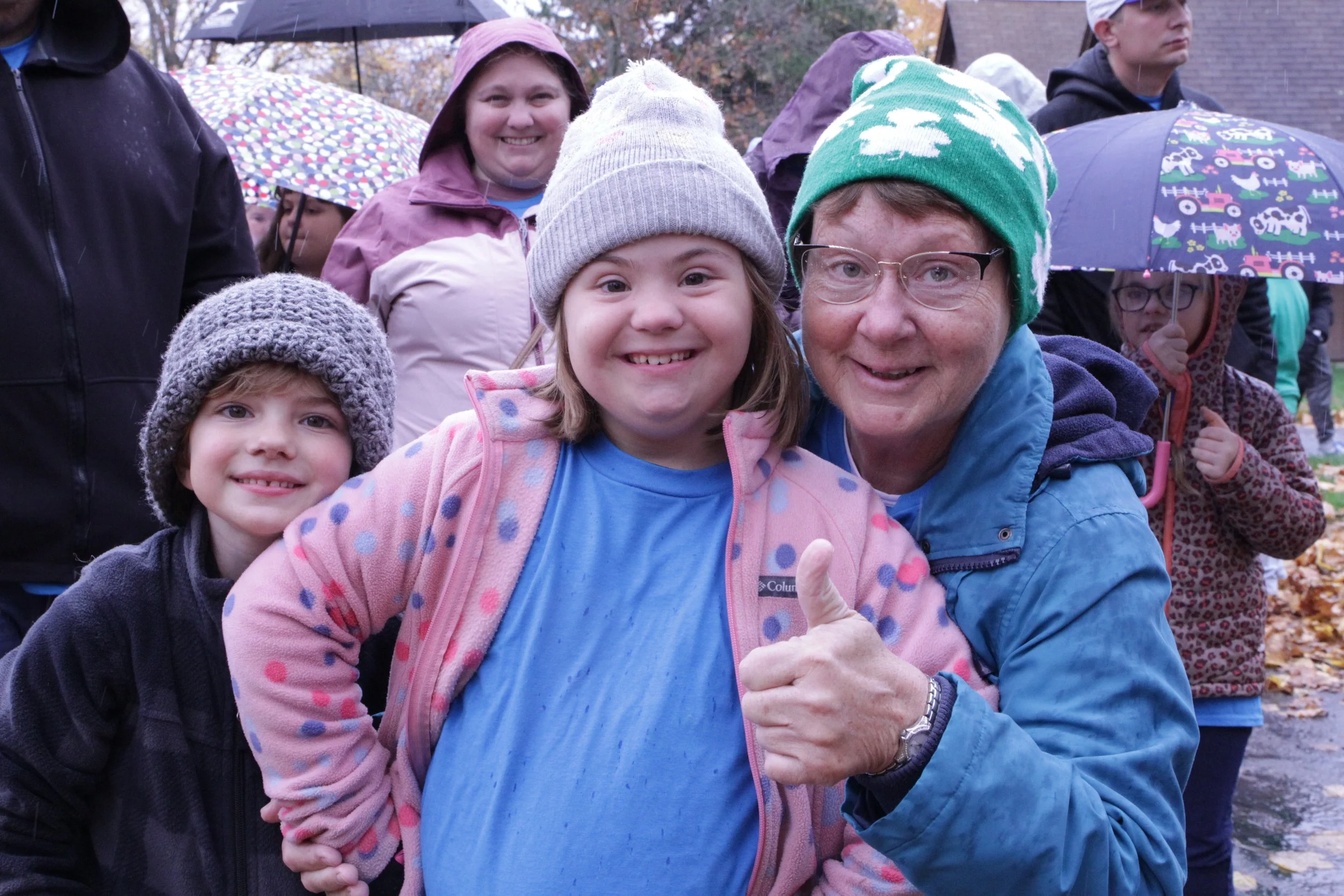
PEOPLE FIRST LANGUAGE
People First Language (PFL)* was developed to respectfully speak about people with disabilities. The number one focus of PFL is putting the person before his/her disability because the disability is only a small part of the whole person. PFL highlights a person’s strengths, abilities and potential to succeed instead of labeling the individual or confining the person to an established stereotype.
Remember to concentrate on the person, not the disability!
*The People First Respectful Language Modernization Act of 2006 was enacted by the Council of the District of Columba on July 11, 2006 to “require the use of respectful language when referring to people with disabilities in all new and revised District laws, regulations, rules, and publications and all internet publications.”
Spread the Word Inclusion thinks the world would be better if everyone were included. Around the world, exclusion and discrimination continue to divide people with and without intellectual and developmental disabilities. They are changing that with grassroots action for inclusion. That’s Spread the Word.
SAY Children (or people) with disabilities
INSTEAD OF The disabled, The handicapped
SAY He has a disability.
INSTEAD OF He’s disabled. / He’s handicapped.
SAY My daughter has a cognitive disability.
INSTEAD OF My daughter is retarded.
SAY People with cognitive disabilities.
INSTEAD OF The (mentally) retarded.
SAY She has Down syndrome.
INSTEAD OF She’s Down’s.
SAY My son has autism.
INSTEAD OF My son is autistic.
SAY He has a learning disability.
INSTEAD OF He’s learning disabled. / He’s LD.
SAY She has a physical disability.
INSTEAD OF She’s a quadriplegic / She’s a cripple.
SAY My son has a physical disability.
INSTEAD OF My son is disabled.
SAY She has an emotional disability.
INSTEAD OF She’s emotionally disturbed.
SAY He uses a wheelchair (or mobility chair).
INSTEAD OF He’s confined to a wheelchair.
SAY She receives special education services.
INSTEAD OF She is in special education.
SAY He needs behavioral support.
INSTEAD OF He has behavior problems.
SAY He has a brain injury.
INSTEAD OF He’s brain damaged.
SAY Accessible parking/bathroom
INSTEAD OF Handicapped parking/bathroom
SAY She needs…
INSTEAD OF She uses…she has a problem with… she can’t

